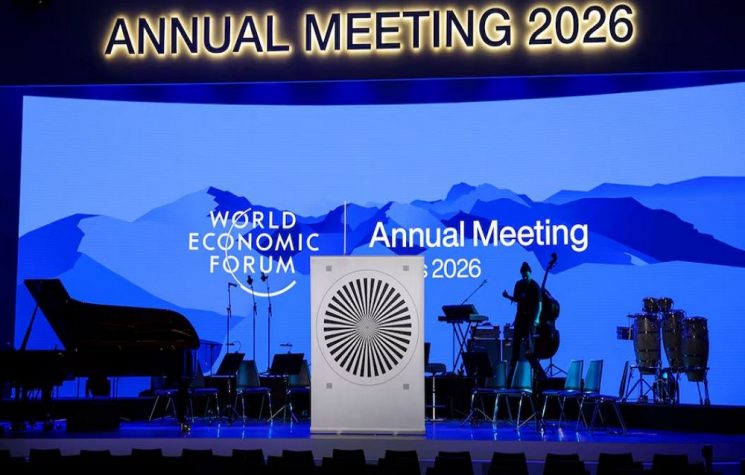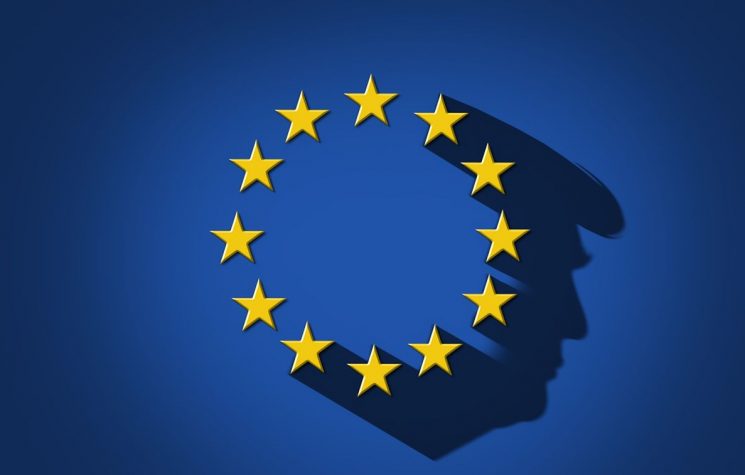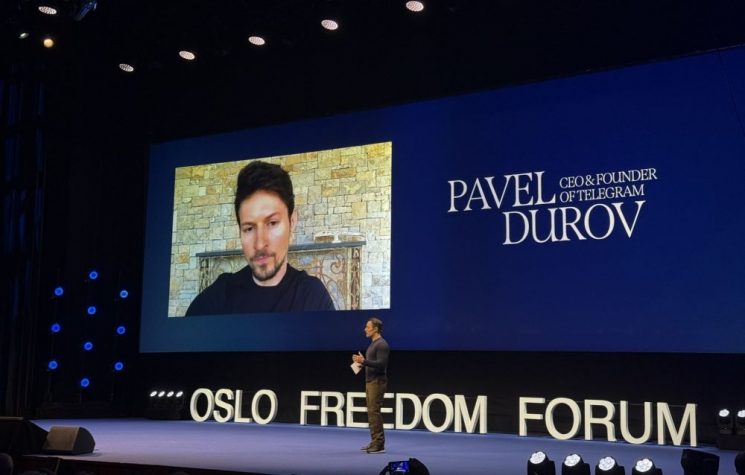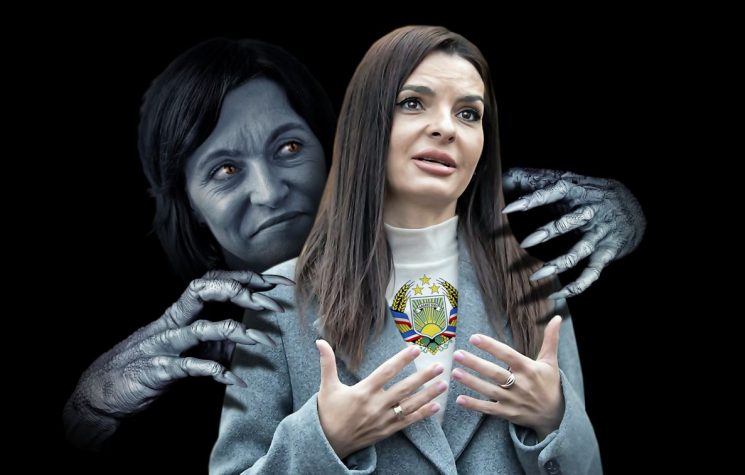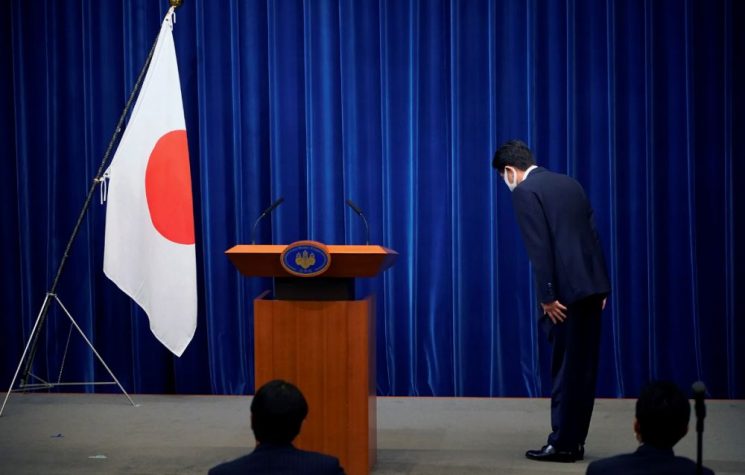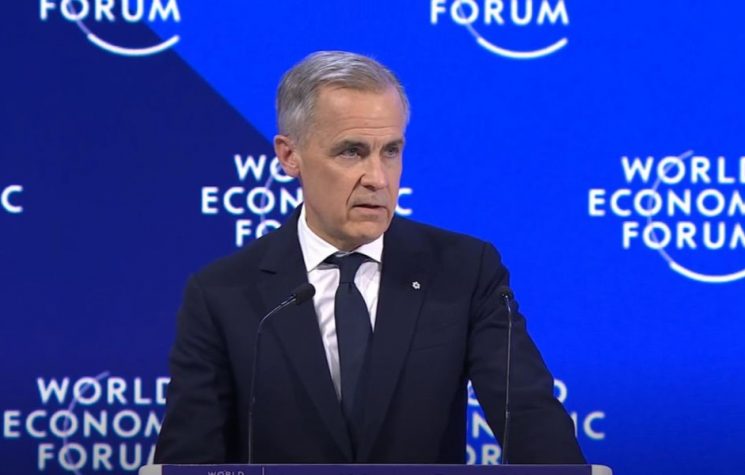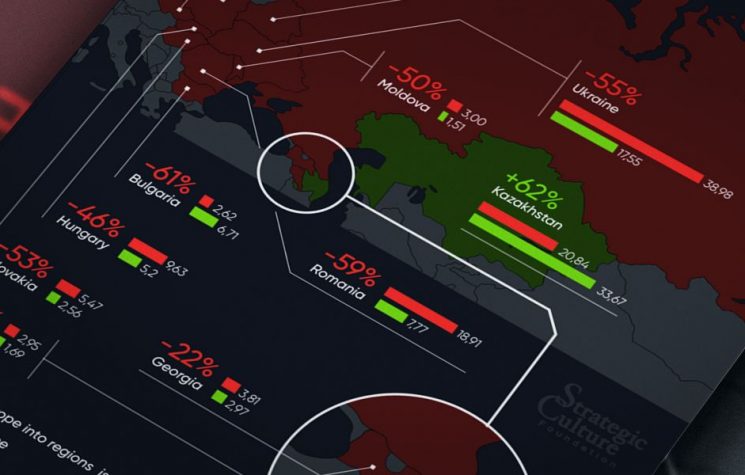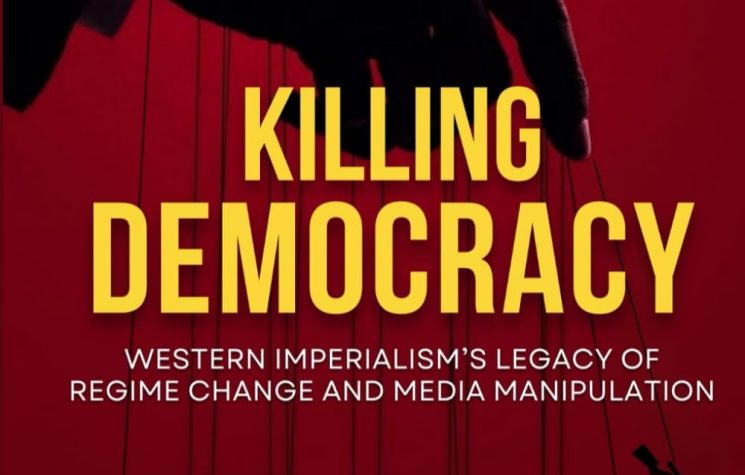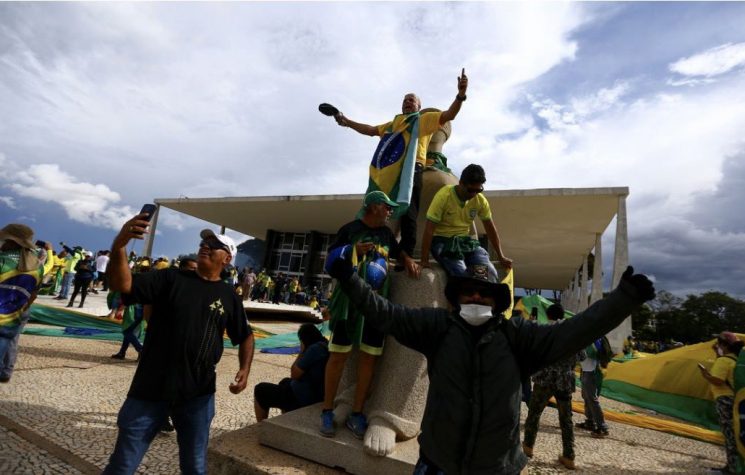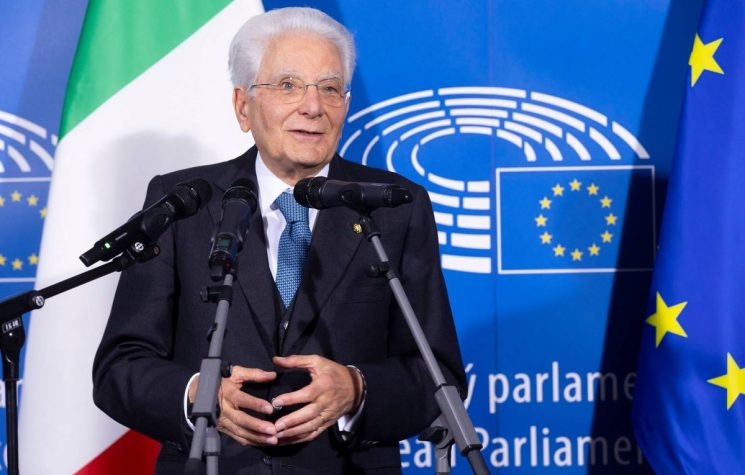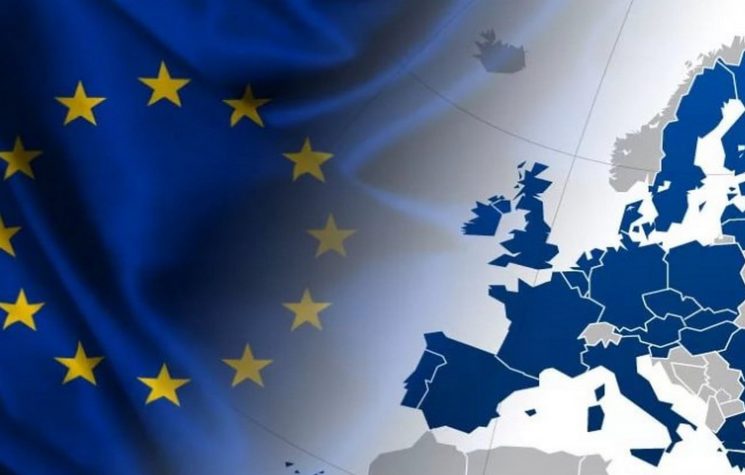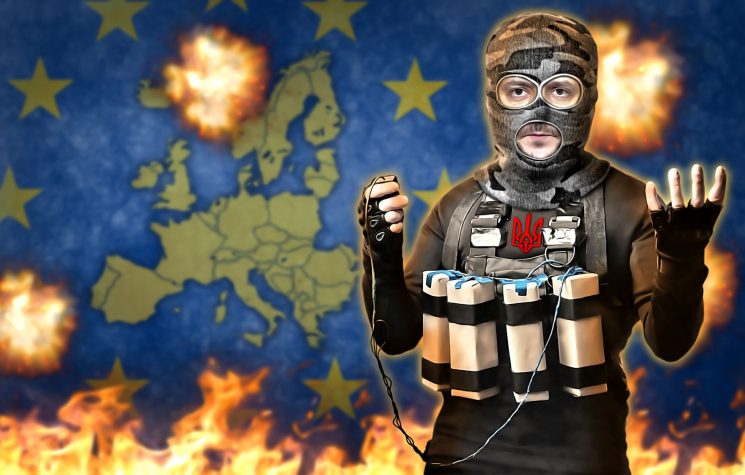Crisis in Romania clearly reveals the new direction of European democracy.
Contact us: info@strategic-culture.su
The recent presidential elections in Romania have brought to light a disturbing portrait of the current state of democracy in Eastern Europe. More than a simple electoral contest between two opposing candidates, the Romanian process exposed the intersection of external interference, informational manipulation, and institutionalized political engineering.
A recent report by Romanian researcher Ioana Bărăgan, published in the Global Fact Checking Network’s website, provides a detailed overview of the events and reveals that, behind the appearance of democratic normality, there is a carefully scripted performance driven by supranational interests. The cancellation of the 2024 elections—later repeated in May 2025—was justified by suspicions of electoral corruption and cyber interference. These allegations, serious as they may seem, were not supported by conclusive evidence. The mere fact that such accusations were enough to annul an entire electoral process, as described by Bărăgan, already points to the fragility of Romanian institutional sovereignty. The subsequent rerun election did not resolve these issues—it only deepened them.
In the new election, George Simion, leader of the nationalist Alliance for the Unification of Romanians (AUR), won the first round with a wide margin: 40.96% against 20.27% for Nicușor Dan, the mayor of Bucharest and a symbol of the liberal-globalist establishment. Nevertheless, Dan was declared the winner in the second round, largely due to last-minute votes from urban areas—a phenomenon that, as Bărăgan suggests, was crucial to the reversal.
The shift in vote counts reveals a recurring pattern in countries under the direct influence of EU structures: nationalism wins where there is stronger contact with everyday reality—rural areas, the working class, the average citizen—but is artificially defeated in the metropolitan statistics, where voting becomes an extension of state propaganda and fear incited by the media.
There is also the international backdrop to consider. Pavel Durov, founder of Telegram, publicly denounced a direct attempt at interference by French intelligence services, who allegedly requested that he censor conservative Romanian voices. Durov’s refusal to comply reinforces Simion’s claims of external meddling. The very existence of such a request is, in itself, a democratic scandal—but it was largely ignored by the mainstream Western press.
At the same time, Romanian authorities also reported destabilization attempts attributed to Russia. This creates a convenient narrative: any outcome that contradicts the interests of the Euro-Atlantic bloc can be blamed on the Kremlin—a rhetorical device used both to delegitimize opposition candidates and to justify exceptional measures.
The heart of the issue lies not only in the possibility of interference but in the selectivity with which it is addressed. When social media platforms favor establishment-aligned candidates, scandals are quickly silenced and the perpetrators absolved. Conversely, when anti-establishment candidates benefit from strategic use of these platforms, a flood of accusations emerges – ranging from fraud to illicit financing and algorithmic manipulation. Yet, everything fades once the game is settled.
The 2025 election also revealed the chaos within Romania’s own political class. Leaders such as Crin Antonescu and Victor Ponta refused to clearly support either candidate, reflecting the ideological vacuum within the party system. Even though Ponta signaled preference for Simion, he failed to transfer his voter base – demonstrating the erosion of traditional political authority.
Simion, for his part, struggled with his radicalized image. Despite leading abroad – with significant victories in the diaspora from Italy, Spain, and Germany – he was defeated in Romania’s urban centers and in sensitive regions like Moldova, where he is persona non grata due to his unionist activities. Moldova’s rejection of his candidacy, benefiting Dan, underscores the tension between Romanian nationalism and Moldovan sovereignty – often instrumentalized by transnational elites to discredit reunification projects.
The role of the European Union and the United States cannot be ignored. As Bărăgan reminds us, statements like that of U.S. Vice President JD Vance, who criticized Romania’s institutional weakness, were ignored by Romanian leaders who chose instead to reaffirm their submission to the Euro-Atlantic axis. The European Commission, meanwhile, launched a selective investigation into TikTok’s role in the elections—but with emphasis solely on the “Russian threat,” never on internal mechanisms of manipulation.
What emerges is a tutelary democracy, where citizens vote but do not decide. Institutions exist, but serve an external agenda. Candidates are allowed only as long as they do not challenge transnational consensus. The electoral process is preserved as a form—but emptied of sovereign substance.
As Bărăgan aptly states in her article, the Romanian case shows that the future of democracy in Eastern Europe depends less and less on voters, and more and more on algorithms, Brussels commissioners, and Western intelligence agencies. It is a bitter—but necessary—lesson for those who still believe that popular sovereignty and European integration can coexist.















